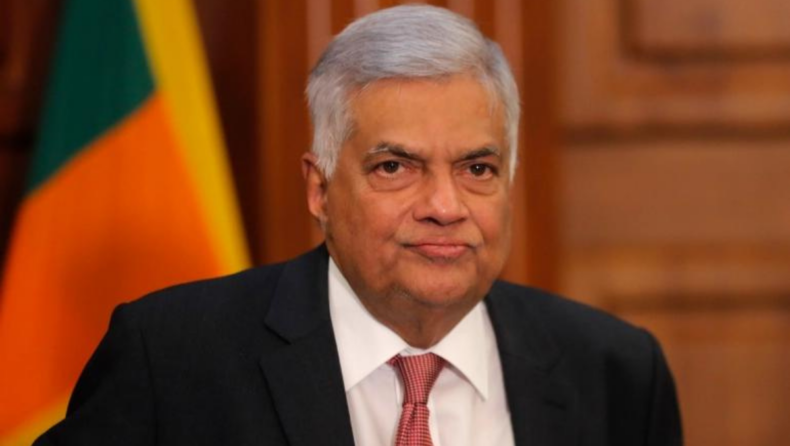The protestors that forced Wickremesinghe’s predecessor to flee the country are skeptical of the new rule.
On Thursday, Ranil Wickremesinghe was sworn in as Sri Lanka’s eighth executive President at a ceremony in the Parliament in the country’s capital, Colombo. He took the oath of office before the Chief Justice following an inspection of a guard of honour alongside the Speaker of the Parliament at the entrance of the Parliamentary Complex.
Wickremesinghe roundly defeated his main rival for the position, Dullus Alahapperuma, with 134 votes to 82 in a parliamentary vote. He is due to serve the rest of the presidential term until November 2024. Two of Wickremesinghe’s predecessors, Mahinda Rajapaksa and Maithripala Sirisena, were among those present at the swearing-in ceremony.
The new President was sworn into an almost deserted secretariat, a result of its storming by a sea of protestors in early July, which eventually succeeded in forcing the incumbent former President, Gotabaya Rajapaksa, to flee the country. Wickremesinghe now faces the mighty task of leading the country out of its economic collapse and restoring order after months of mass protests.
Initially, the protestors called for the resignation of Gotabaya Rajapaksa in the light of his fleeing from Sri Lanka. Post that, however, protestors also made calls for the resignation of Ranil Wickremesinghe due to his close association with the Rajapaksa political family. Just last week, protestors burnt down his private home and stormed his prime ministerial office in Colombo in demonstrations against his leadership.
As a response to Wickremesinghe’s election into the position of President of Sri Lanka, many people have expressed their despair and disappointment. “I am absolutely disgusted at the result… I cannot believe that 134 people – MPs that are supposed to represent the people- have completely disregarded the wants of the people,” Activist Jeana De Zoysa told the BBC. While the protests have been relatively subdued immediately after the proclamation of Ranil Wickremesinghe as the new Sri Lankan President, chants of “Ranil Go Home” prevail.

Many citizens fear that Wickremesinghe’s first move of action will be to crack down on the movement which has brought hundreds of thousands of ordinary people onto the streets demanding change. These fears are not misguided since Wickremesinghe, while holding the
position of Acting President last week, ordered the military to use whatever means necessary to restore public order in the midst of protests.
Wickremesinghe aims to restore political stability so that Sri Lanka can resume negotiations with the International Monetary Fund for a bailout package. He has issued a warning stating that he will “firmly” deal with the largely peaceful protest movement. “If you try to topple the Government, occupy the President’s office and the Prime Minister’s office, that is not democracy; it is against the law. We will deal with the firmly, according to the law,” he said.












